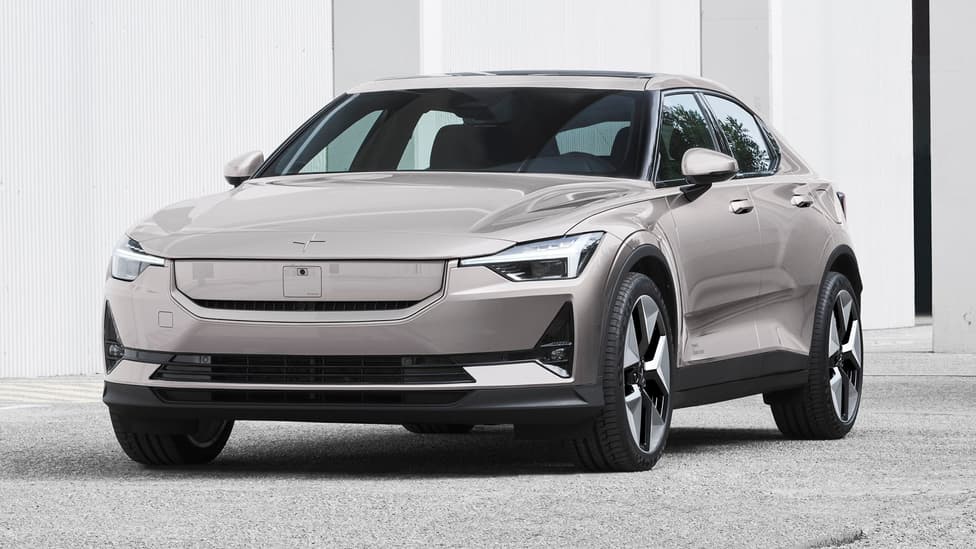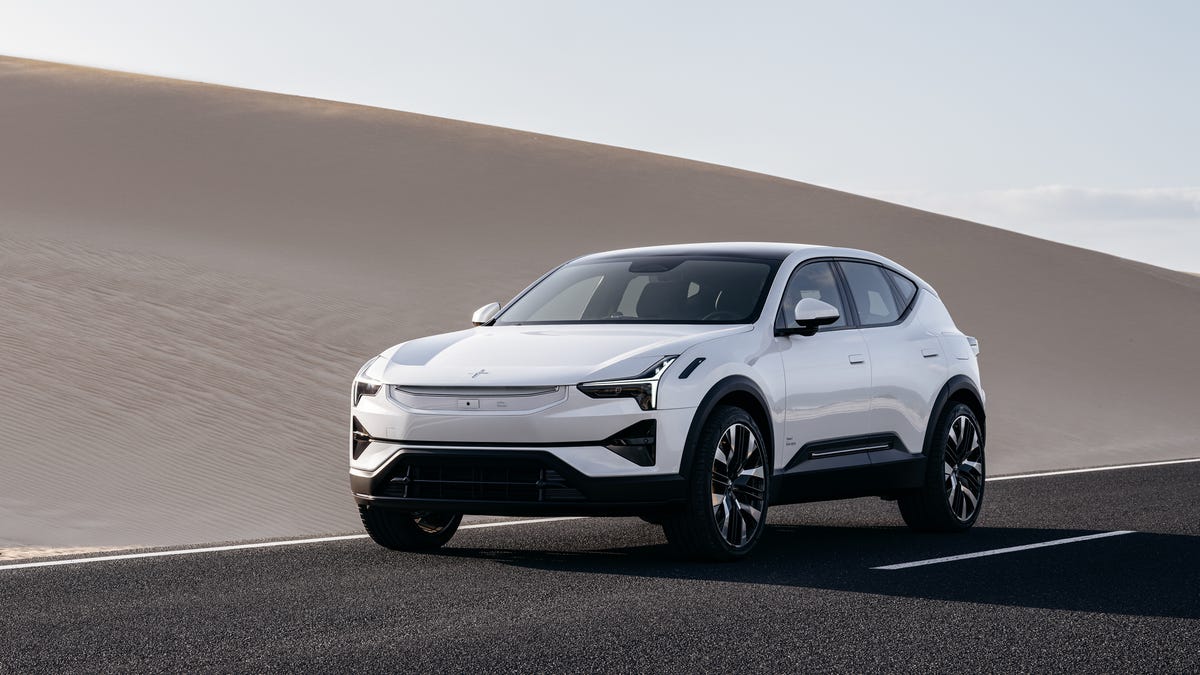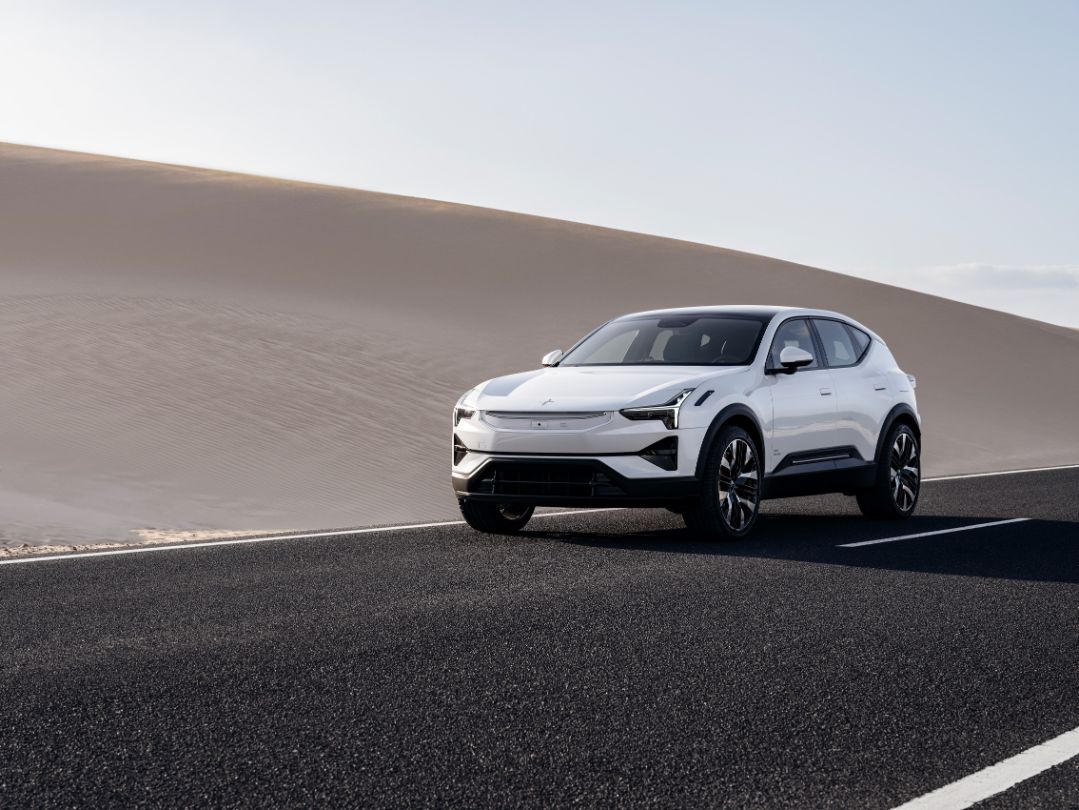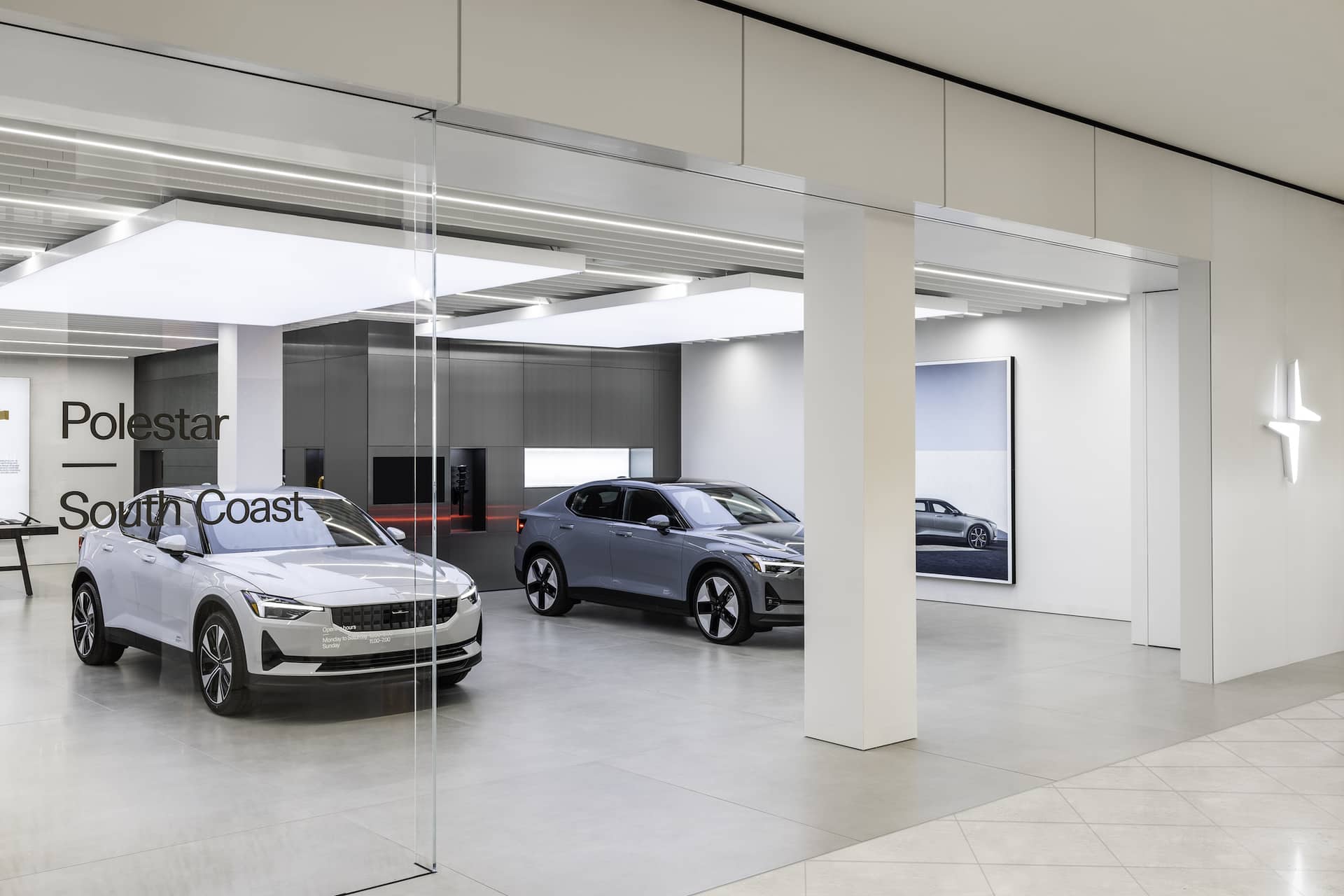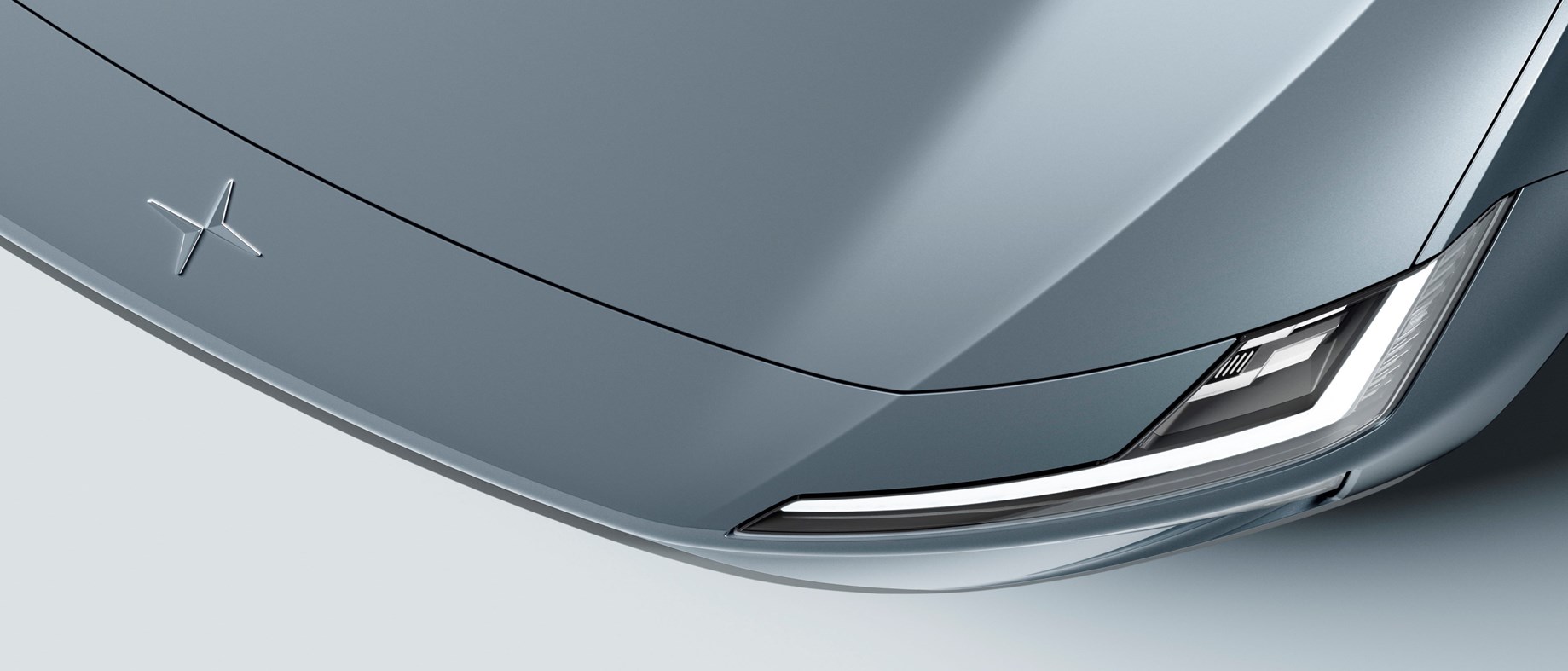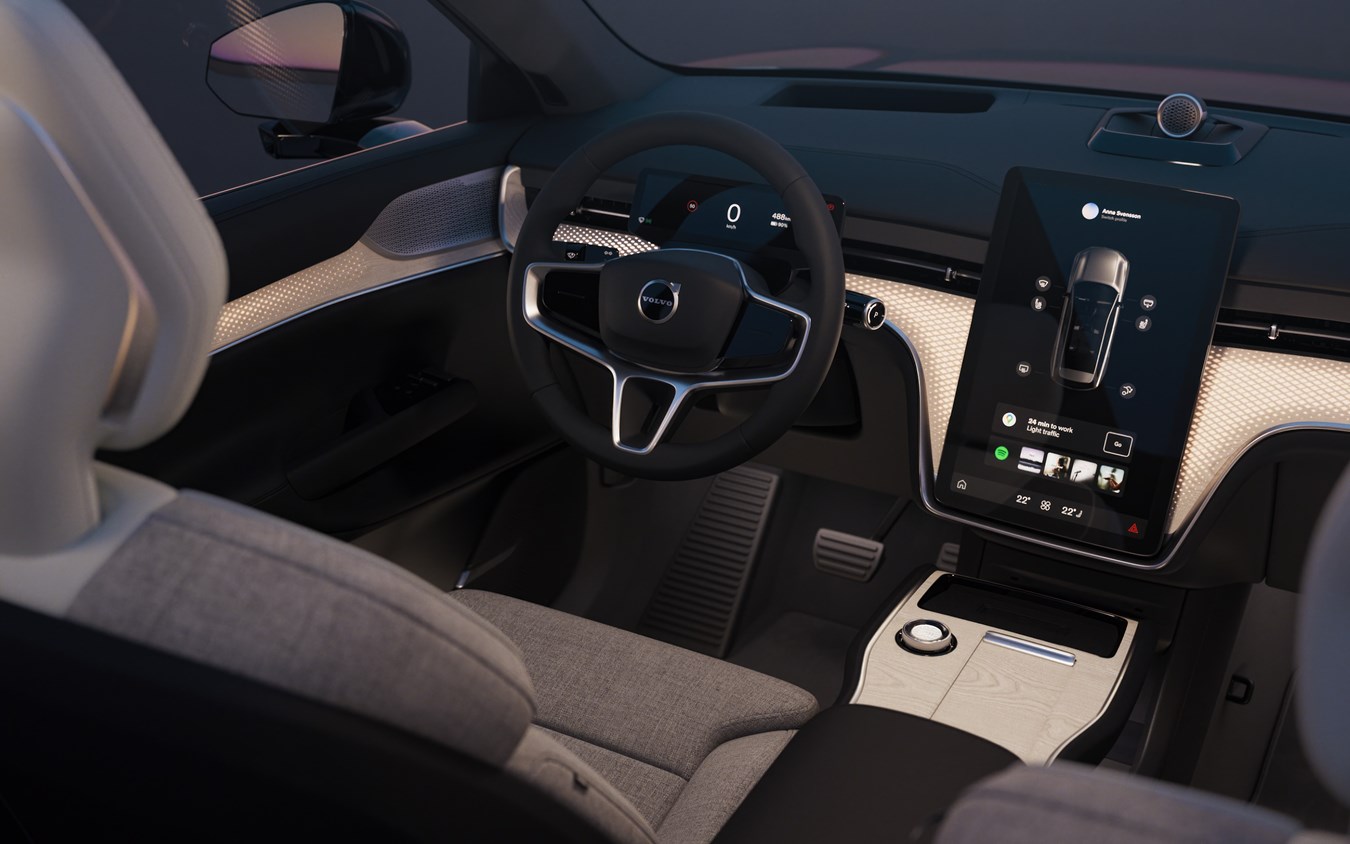Polestar, the Swedish electric vehicle (EV) maker, has released its third annual sustainability report, demonstrating its continued commitment to reducing carbon dioxide (CO2) emissions. Despite a year of record growth, with a 80% increase in vehicle deliveries to 51,491 in 2022, Polestar was able to reduce relative CO2 emissions by 8% per vehicle sold, compared to the previous year. This impressive feat has been achieved through a variety of measures, including reducing average transport emissions, increasing sales in markets with more renewable energy on the grid, and updating vehicles using over-the-air (OTA) technology.
While Polestar’s absolute emissions increased as the company scaled operations, its relative emissions per vehicle sold reduced by 13% since 2020. The company attributes this to a change in aluminum supplier for the wheels and battery trays in the Polestar 2, which resulted in a 1.2-tonne reduction per car. In addition, the factory where the Polestar 2 is manufactured now runs on 100% renewable energy, and the company is selling more single-motor vehicles with low energy demand.
According to Fredrika Klarén, head of sustainability at Polestar, the company measures and scrutinizes every detail to keep its “eye on the ball” regarding emissions. Polestar is committed to advancing zero-emission technology and aims to build a completely climate-neutral EV by 2030 with its Polestar 0 project. Klarén believes that electrification alone is not enough and that pure EV makers, like Polestar, have a lot of work ahead to reduce emissions in their supply chains.
Polestar is striving for transparency by disclosing the sources of the minerals it uses, such as cobalt, mica, lithium, nickel, leather, and wool, as well as the supply chains it employs. The company intends to provide valuable insights to push the industry forward by reporting the results. Klarén has criticized automakers who are focusing on anything other than EVs, stating that there is no place for mass-produced non-EV models after 2030.
Polestar’s climate strategy is based on the Intergovernmental Panel on Climate Change (IPCC), and the company aims to be climate-neutral by 2040 and halve its emissions by 2030, as advised by climate scientists. Klarén called out Toyota for its focus on hybrid vehicles, stating that if the company continues with this technology, it will not level up in the way it needs to with new technology. Polestar’s aim is to reduce emissions in the supply chain and support the transition to a sustainable future, rather than just selling EVs.

